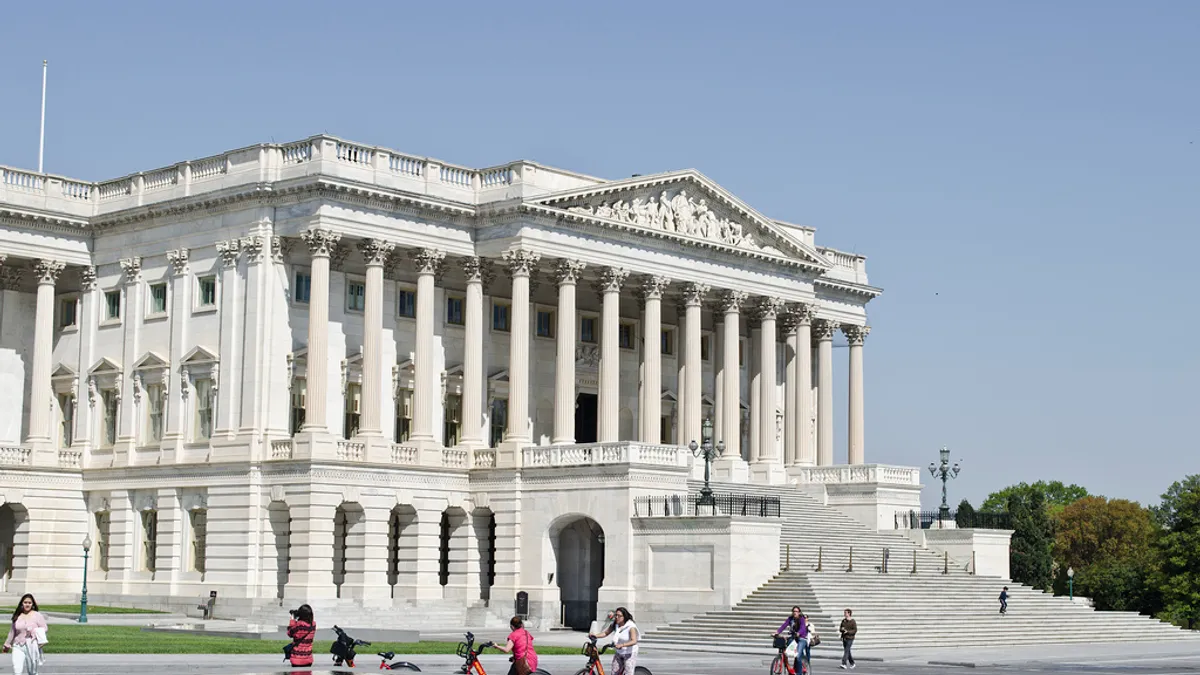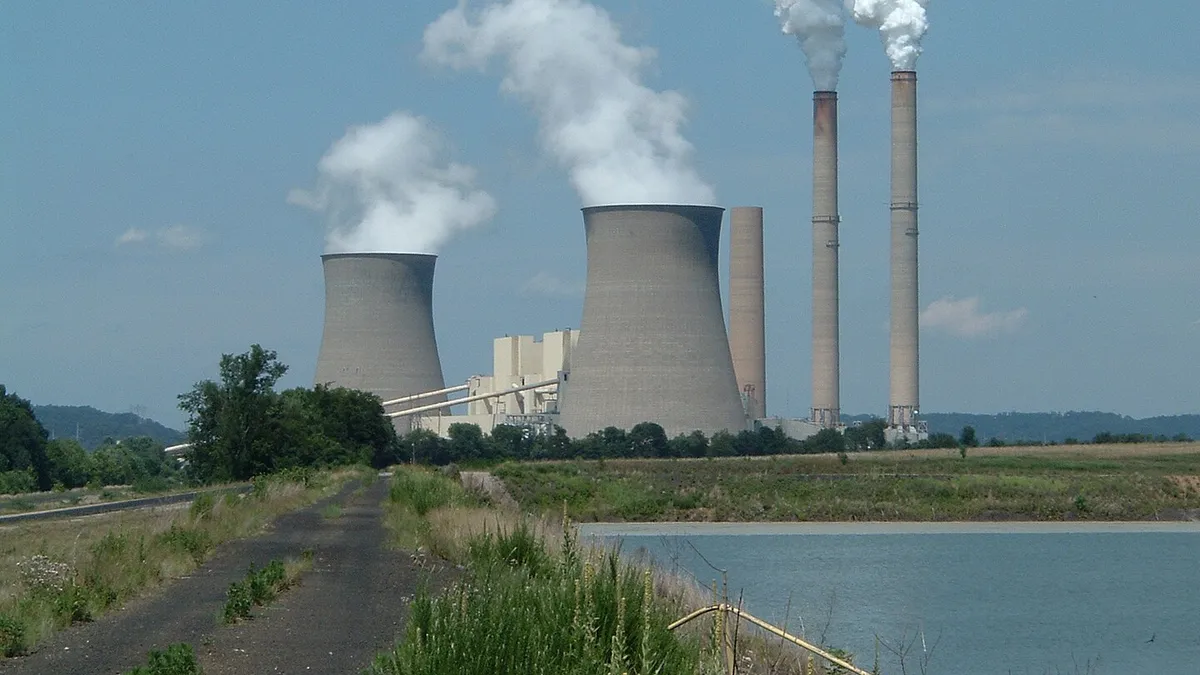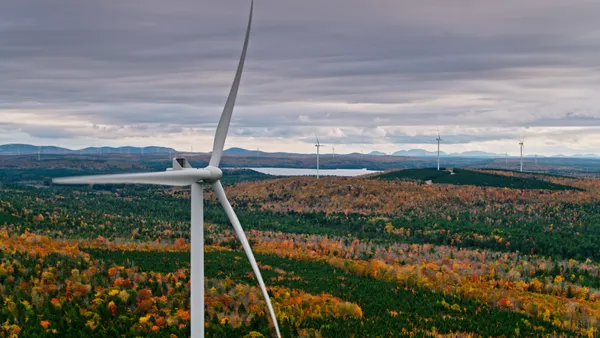Dive Brief:
- A deal to include energy tax credits in a bill reauthorizing the Federal Aviation Administration has support in the Senate but faces a tougher path in the House, according to news reports last week.
- According to The Hill, the investment tax credits would encourage development of fuel cells, geothermal and biomass resources. The credits may have been inadvertently left out of a broader tax extenders package passed last year.
- While the FAA compromise appears to have support in the Senate, Bloomberg reports House Energy and Commerce Committee member Rep. Marsha Blackburn (R) is building a coalition to oppose the tax credit extension.
Dive Insight:
Democrats maintain those tax credits for geothermal, fuel cells and other technologies were left out a broader tax extenders measure last year, the Hill reports, but said there was an agreement among Senate leaders that the provision would be included to the FAA reauthorization bill this year.
Bloomberg Government reports that on the House side, Blackburn is circulating a letter calling for the energy tax credits to be rejected. “Congress took time to consider this issue in December and decided that these renewable energy tax extenders were not in the best interest of the country,” she wrote.
So far, 10 lawmakers have signed onto the effort, Bloomberg reports. The news outlet also points out that a broader energy bill sponsored by Sen. Lisa Murkowski (R) "appears to be in cold storage until after the November election."
Both Sens. Bill Nelson (D) of Florida and Mike Lee (R) of Utah have holds on the legislation, which is attached to an aid package for Flint, Mich. Sponsored by Murkowski and Sen. Maria Cantwell (D-Wash.), the Energy Policy Modernization Act would help modernize the grid and reauthorize the Land and Water Conservation Fund.
In December, lawmakers approved legislation extending the existing tax credits for wind and solar generation facilities for five years. The credits will gradually decrease until they phase out. The solar ITC would remain at 30% through 2019, then decline to 26% in 2020, 22% in 2021, and finally to 10% for non-residential and third-party owned residential systems, and 0% for host-owned residential.
For wind facilities, the current $0.023/kWh federal production tax credit would remain next year. Any wind facility that begins construction before 2020 could be eligible for tax credits.














